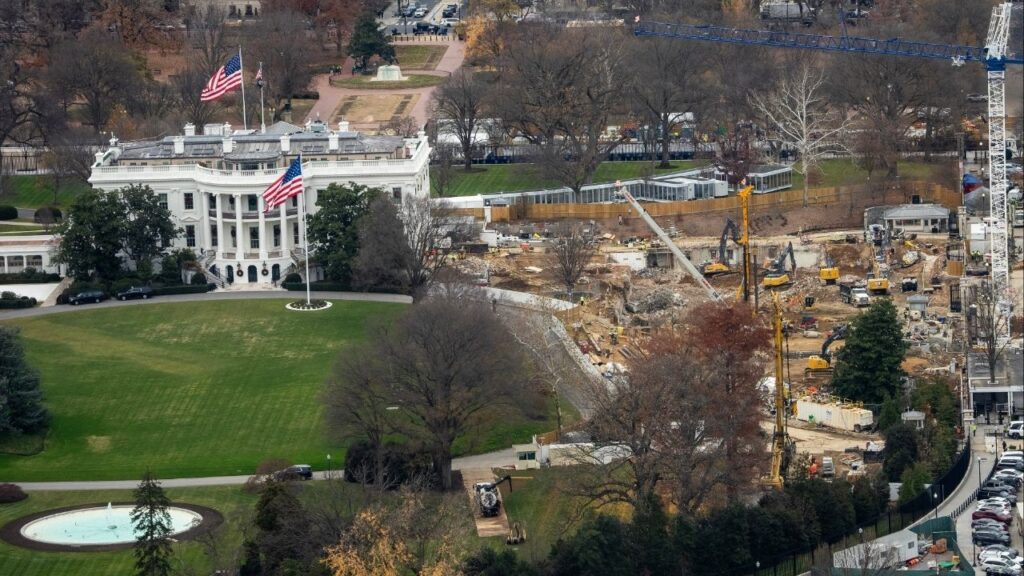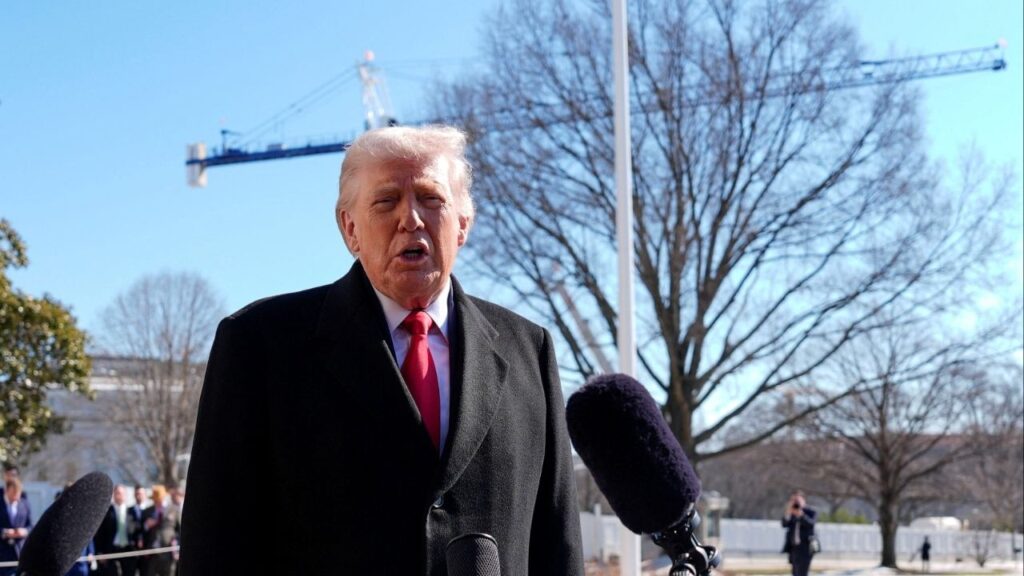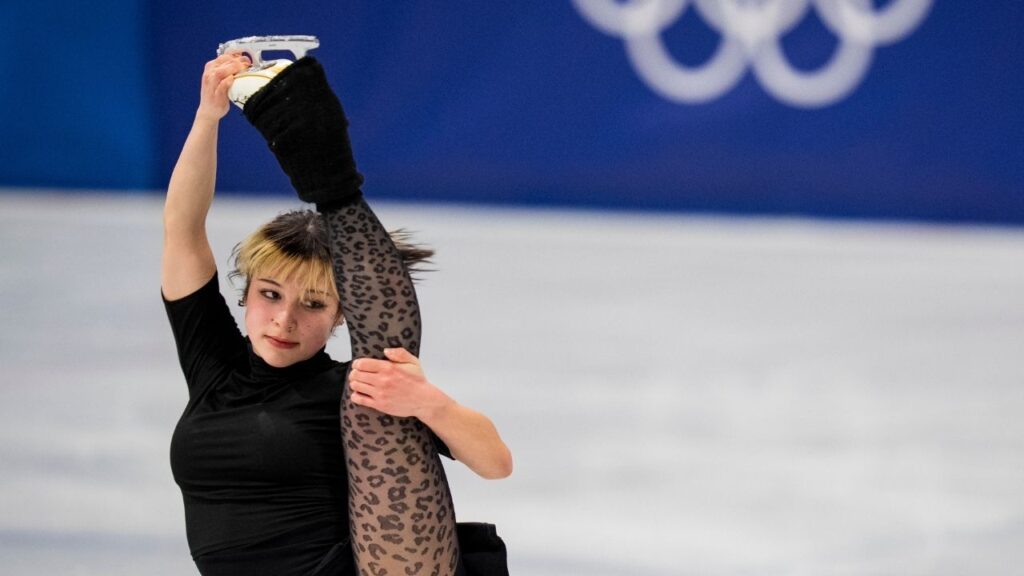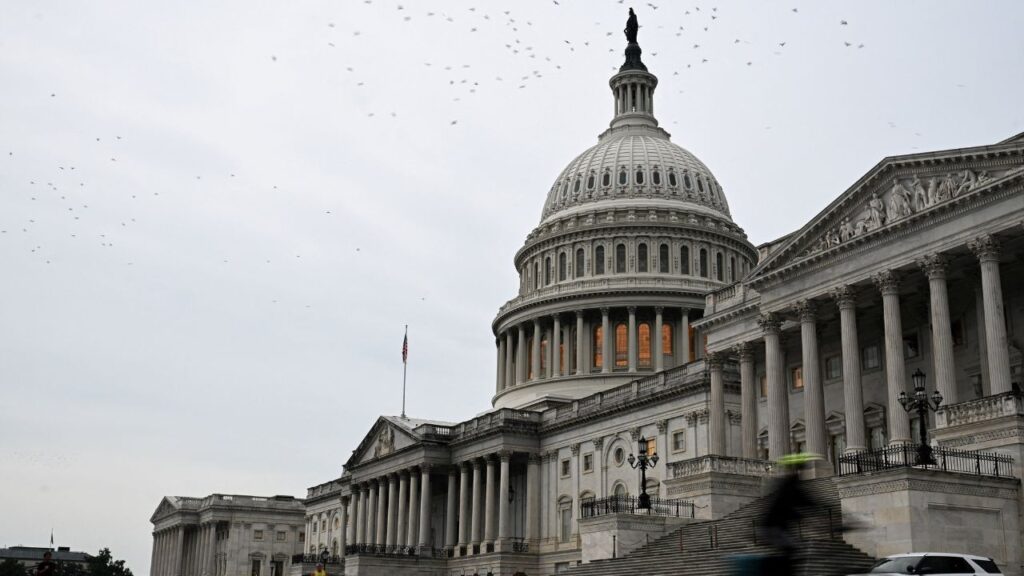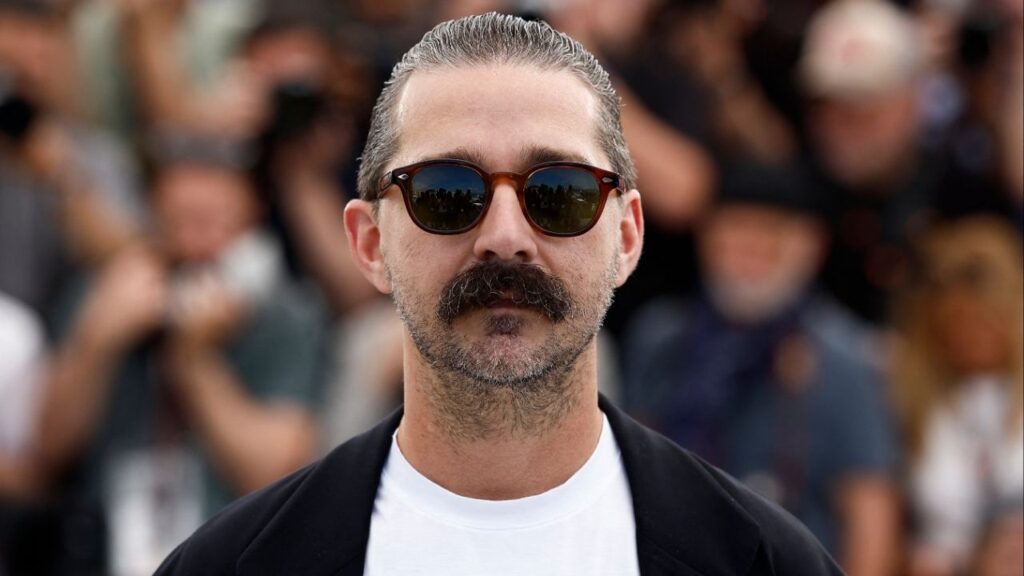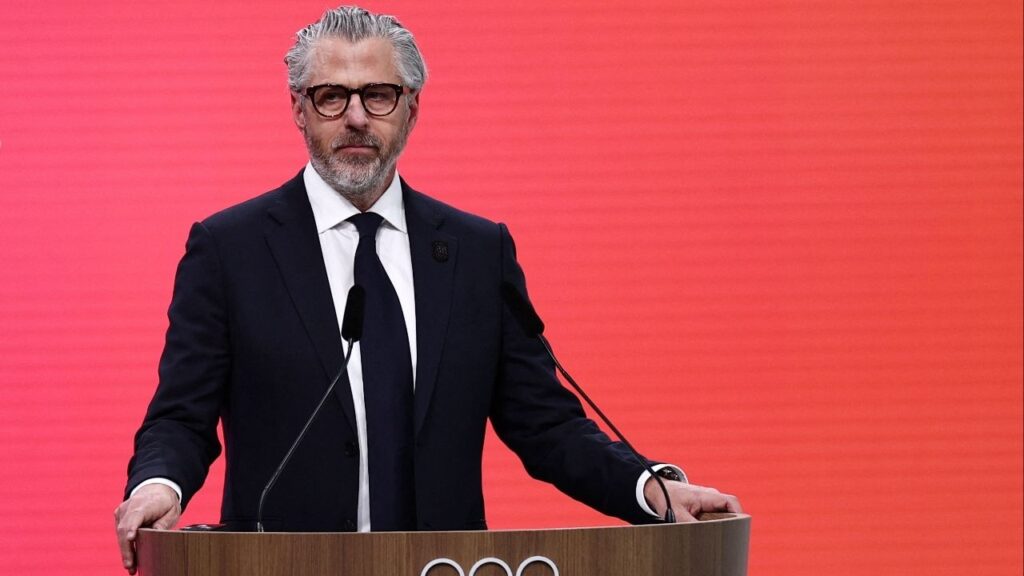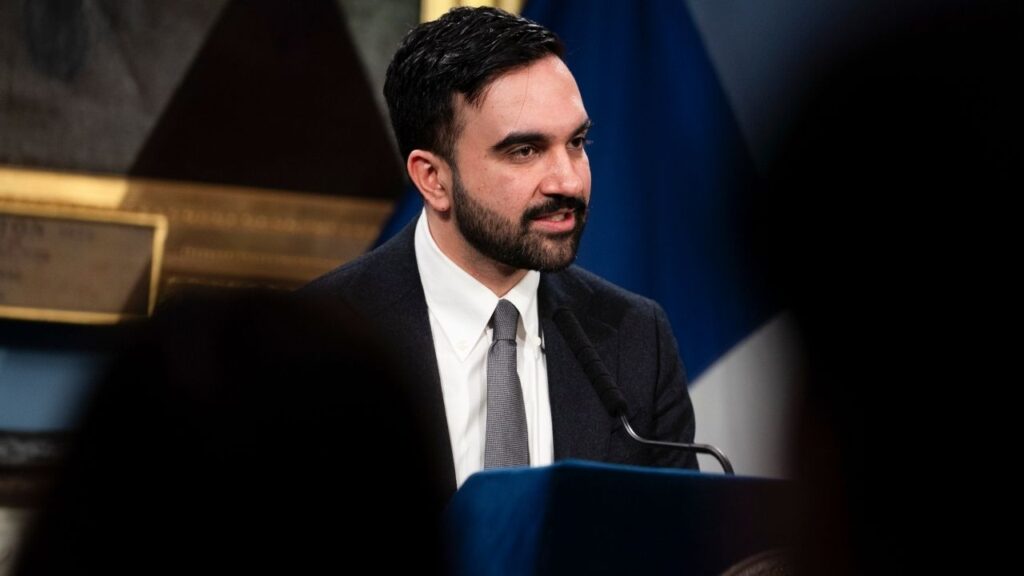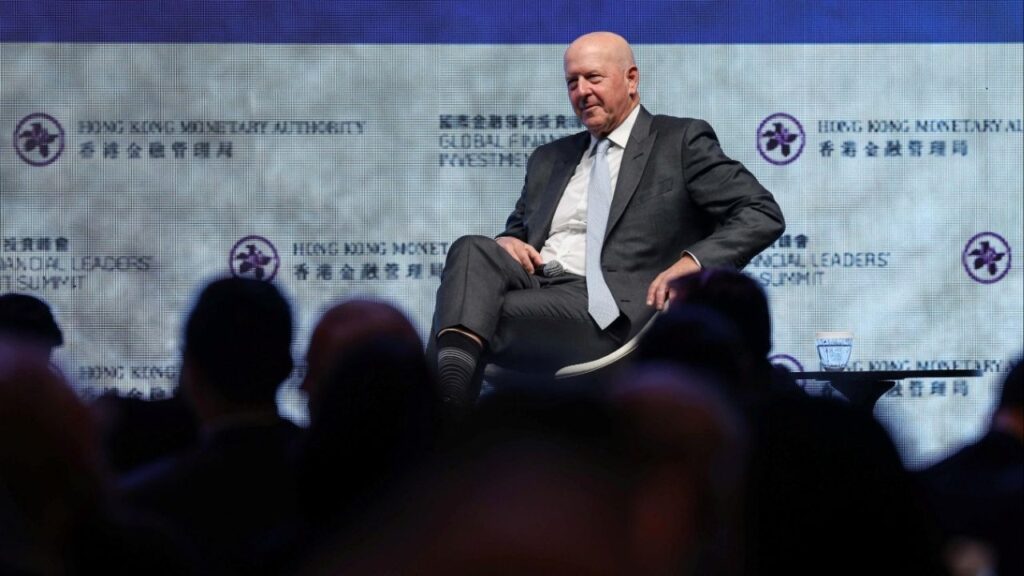Israel's Supreme Court mandates drafting ultra-Orthodox men, shaking up Netanyahu's government amid Gaza conflict. (AP File)

- Court ends decades-old exemptions, requiring ultra-Orthodox men to serve in the military like other citizens.
- Political tensions rise as ultra-Orthodox parties threaten to leave coalition over draft changes.
- Netanyahu faces challenges passing laws to restore exemptions amid court ruling and wartime needs.
Share
|
Getting your Trinity Audio player ready...
|
JERUSALEM — Israel’s Supreme Court on Tuesday ruled unanimously that the military must begin drafting ultra-Orthodox men for compulsory service, a landmark decision that could lead to the collapse of Prime Minister Benjamin Netanyahu’s governing coalition as Israel continues to wage war in Gaza.
The historic ruling effectively puts an end to a decades-old system that granted ultra-Orthodox men broad exemptions from military service while maintaining mandatory enlistment for the country’s secular Jewish majority. The arrangement, deemed discriminatory by critics, has created a deep chasm in Israel’s Jewish majority over who should shoulder the burden of protecting the country.
End of Exemptions
The court struck down a law that codified exemptions in 2017, but repeated court extensions and government delaying tactics over a replacement dragged out a resolution for years. The court ruled that in the absence of a law, Israel’s compulsory military service applies to the ultra-Orthodox like any other citizen.
Under longstanding arrangements, ultra-Orthodox men have been exempt from the draft, which is compulsory for most Jewish men and women, who serve three and two years respectively as well as reserve duty until around age 40.
Related Story: Israel’s ‘Shocking Disregard’ for Palestinian Civilians May ...
These exemptions have long been a source of anger among the secular public, a divide that has widened during the eight-month-old war, as the military has called up tens of thousands of soldiers and says it needs all the manpower it can get. Over 600 soldiers have been killed since Hamas’ Oct. 7 attack.
Politically powerful ultra-Orthodox parties, key partners in Netanyahu’s governing coalition, oppose any change to the current system. If the exemptions are ended, they could bolt the coalition, causing the government to collapse and likely leading to new elections at a time when its popularity has dropped.
Resistance to Change
In the current environment, Netanyahu could have a hard time delaying the matter any further or passing laws to restore the exemptions. During arguments, government lawyers told the court that forcing ultra-Orthodox men to enlist would “tear Israeli society apart.”
A statement from Netanyahu’s Likud party criticized the ruling, saying a bill in parliament backed by the Israeli leader would address the draft issue. Critics say it falls short of Israel’s wartime needs.
“The real solution to the draft problem is not a Supreme Court ruling,” the statement said.
In its ruling, the court found that the state was carrying out “invalid selective enforcement, which represents a serious violation of the rule of law, and the principle according to which all individuals are equal before the law.”
Related Story: Escalating Israel-Hezbollah Clashes Threaten to Spark Regional War and Force US ...
It did not say how many ultra-Orthodox should be drafted, but the military has said it is capable of enlisting 3,000 this year.
Some 66,000 ultra-Orthodox men are now eligible for enlistment, according to Shuki Friedman, an expert on religion and state affairs and the vice-president of the Jewish People Policy Institute, a Jerusalem think tank.
The ruling of Israel’s highest court must be followed, and the military is expected to begin doing so once it forms a plan for how to draft thousands of members of a population that’s deeply opposed to service, and which follows a cloistered and modest lifestyle the military may not be immediately prepared to accommodate. The army had no immediate comment.
The court also ruled that state subsidies for seminaries where exempted ultra-Orthodox men study should remain suspended. The court temporarily froze the seminary budgets earlier this year.
In a post on the social platform X, Cabinet minister Yitzhak Goldknopf, who heads one of the ultra-Orthodox parties in the coalition, called the ruling “very unfortunate and disappointing.” He did not say whether his party would bolt the government.
Israel’s ultra-Orthodox make up roughly 13% of the 9.9 million population. The community has a high birthrate, making it the fastest-growing segment of the population, at about 4% annually. Each year, roughly 13,000 ultra-Orthodox males reach the conscription age of 18 but less than 10% enlist, according to the Israeli parliament’s State Control Committee.
The ultra-Orthodox see their full-time religious study as their part in protecting the state. Many fear that greater contact with secular society through the military will distance adherents from strict observance of the faith.
Ultra-Orthodox men attend special seminaries that focus on religious studies, with little attention on secular topics such as math, English or science. Critics have said they are ill-prepared to serve in the military or enter the secular work force.
Religious women generally receive exemptions that are not as controversial, in part because women are not expected to serve in combat units.
The court ruling does not address the status of Israel’s Palestinian citizens, who are not expected to serve and most of whom do not. As descendants of Palestinians who remained in Israel after the 1948 war that led to its creation, their ties to the military are fraught and some in Israel see them as a fifth column because of their solidarity with Palestinians in Gaza and the West Bank.
Tuesday’s ruling now sets the stage for growing friction within the coalition over the draft issue. Ultra-Orthodox lawmakers are likely to face intense pressure from religious leaders and their constituents and may have to decide whether remaining in the government is worthwhile for them. Previous court rulings on the issue and threats of enlistment have sparked protests and violence between the ultra-Orthodox and police.
Friedman said the ultra-Orthodox “understand that they don’t have a better political alternative, but at the same time their public is saying ‘why did we vote for you?'”
Related Story: AIPAC Unleashes a Record $14.5 Million Bid to Defeat a Critic of Israel
Challenges in Implementing the Ruling
The exemptions have faced years of legal challenges and a string of court decisions has found the system unjust. But Israeli leaders, under pressure from ultra-Orthodox parties, have repeatedly stalled.
The Movement for Quality Government in Israel, which has helped lead the challenge against the exemptions, called on the government to immediately draft all eligible seminary students. “This is their legal and moral duty, especially in light of the complex security situation and the urgent need for personnel” in the army, said Tomer Naor, head of the group’s legal department.
Netanyahu’s coalition is buoyed by two ultra-Orthodox parties who oppose increasing enlistment for their constituents. The long-serving Israeli leader has tried to adhere to the court’s rulings while also scrambling to preserve his coalition. But with a slim majority of 64 seats in the 120-member parliament, he’s often beholden to the smaller parties.
The government could try to draft a law that restores the exemptions, but doing so would be politically challenging in light of the court’s ruling.
Some moderate members of the government have indicated they will only support a law that enlists sizable numbers of ultra-Orthodox, and the legislative clock is running out with the Knesset soon to leave for summer recess. That could force the military to begin drafting religious men before any new law is in place.
Netanyahu has been promoting a bill tabled by a previous government in 2022 that sought to address the issue by calling for limited ultra-Orthodox enlistment.
But critics say that bill was crafted before the war and doesn’t do enough to address a pressing manpower shortfall as the army seeks to maintain its forces in the Gaza Strip while also preparing for potential war with the Lebanese Hezbollah group, which has been fighting with Israel since the war in Gaza erupted last October.
RELATED TOPICS:
Categories
